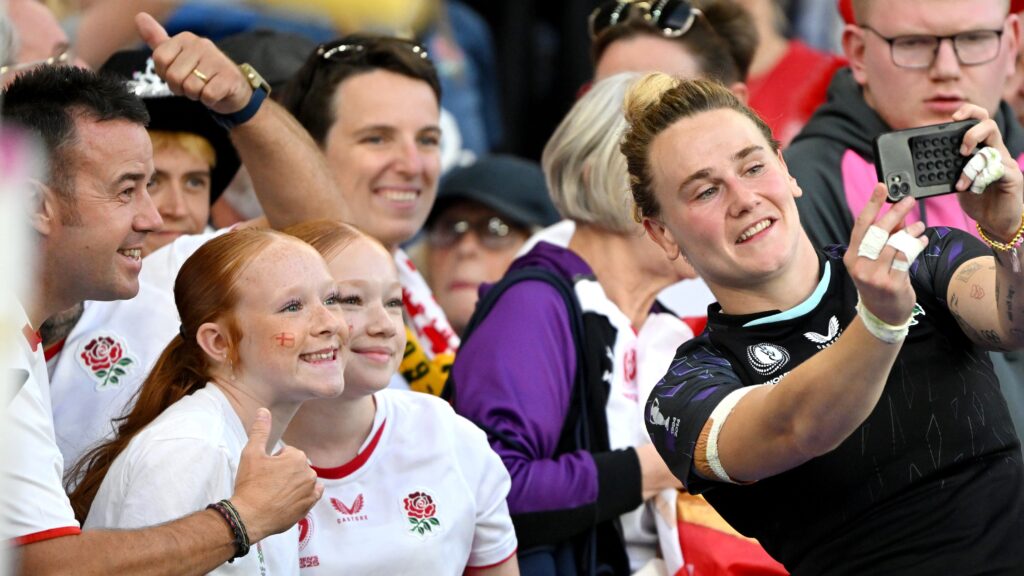The Women’s Rugby World Cup 2025 has set new benchmarks both on and off the field, establishing itself as a landmark event in the history of the sport. More than 440,000 tickets have been sold for the tournament, far surpassing the original target and tripling the attendance figures of the 2022 edition in New Zealand. This surge in support highlights not only the growing popularity of women’s rugby but also its increasing status as a major global sporting spectacle.
The final between England and Canada will be staged at Twickenham, a venue already sold out well in advance. With over 80,000 fans expected, the match is poised to become the most attended women’s rugby fixture in history, shattering the current record of 58,498 set during the 2023 Six Nations clash between England and France. Such numbers underline the cultural momentum behind the women’s game and the appetite for high-quality competition.
Beyond stadium attendance, television audiences have also surged. England’s semi-final victory over France drew a peak of 3.1 million viewers on national broadcast, cementing the tournament as a mainstream sporting event. This level of visibility not only boosts the players and teams but also provides sponsors, organizers, and broadcasters with a clear message: women’s rugby has entered a new era of commercial and cultural relevance.
On the pitch, the standard of play has risen dramatically. Both England and Canada have demonstrated rapid ruck speed, with 45% of their rucks completed in less than two seconds. This level of intensity is quicker than the average seen in men’s Test rugby and marks a significant improvement from 2022, when Canada achieved 11% and England 21% in the same metric. The evolution reflects the professionalization and development pathways being built within the women’s game.
Individual excellence is also being recognized. England’s Meg Jones, Canada’s Sophie de Goede, and New Zealand’s Jorja Miller are nominees for Women’s 15s Player of the Year. Miller is also shortlisted for breakthrough player, alongside her teenage teammate Braxton Sorensen-McGee and Fiji’s Josifini Neihamu. The awards will be presented at the final, underscoring the talent and future promise within the women’s rugby community.
With unprecedented ticket sales, record-breaking attendances, and a noticeable leap in playing standards, the Women’s Rugby World Cup 2025 is shaping up to be more than just a tournament. It is a defining moment that could secure a lasting legacy for women’s rugby worldwide.

